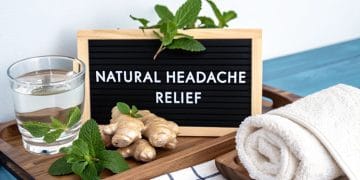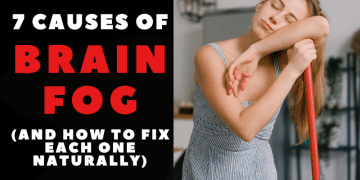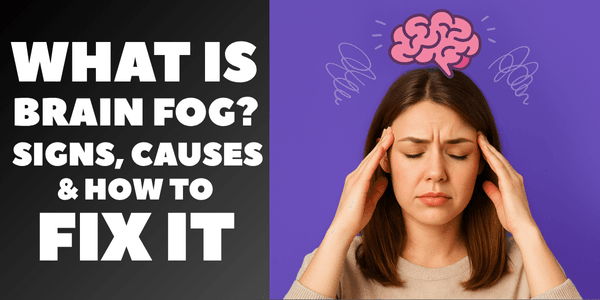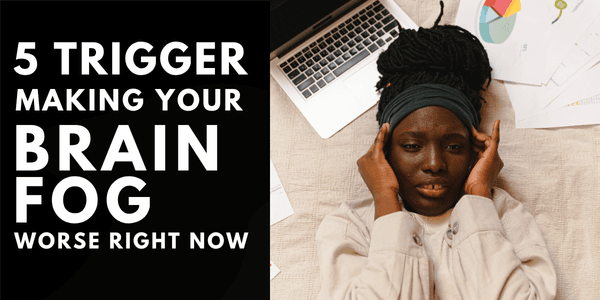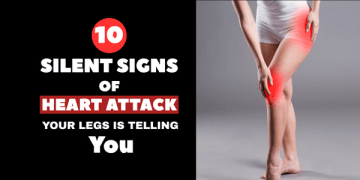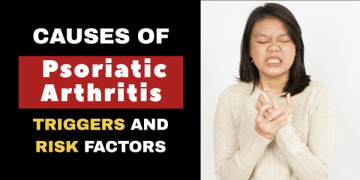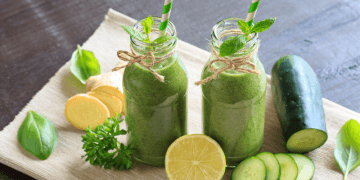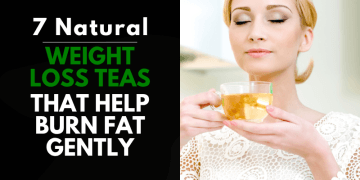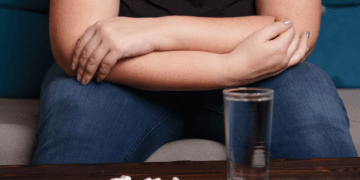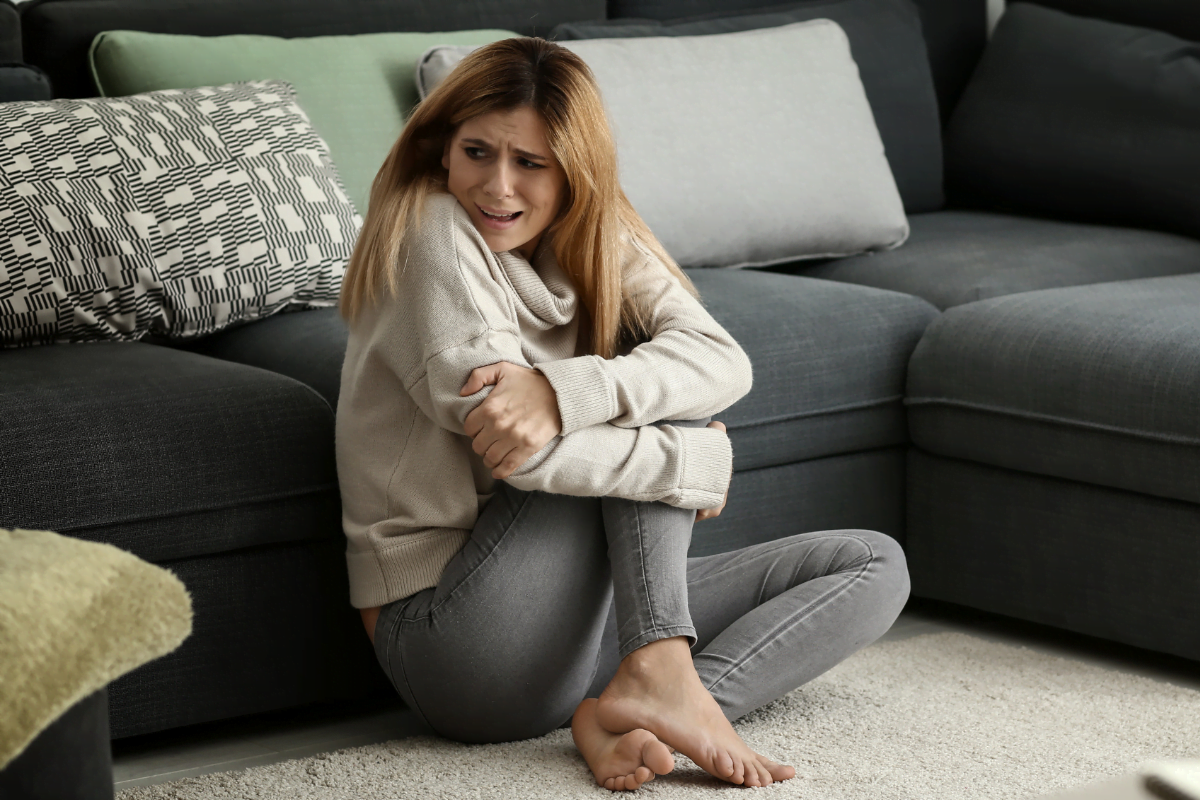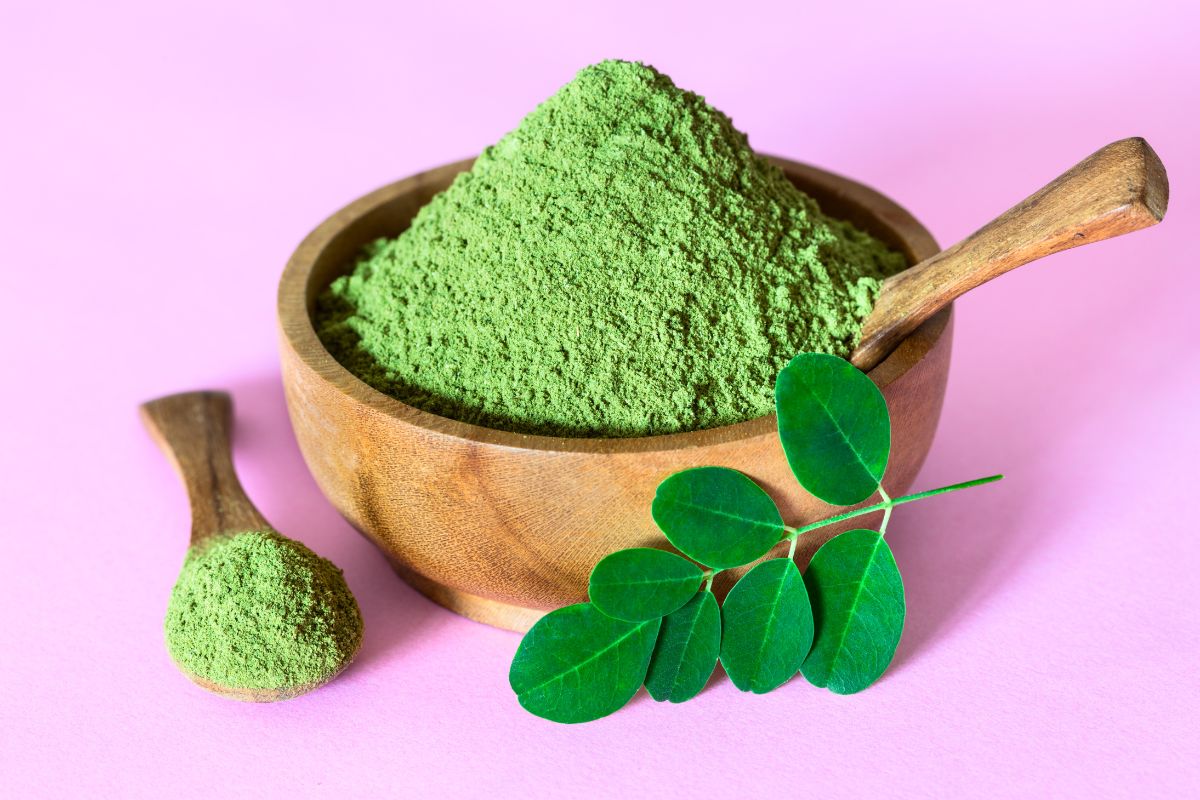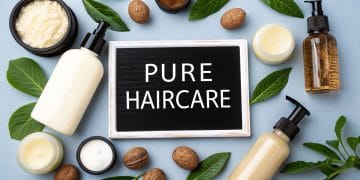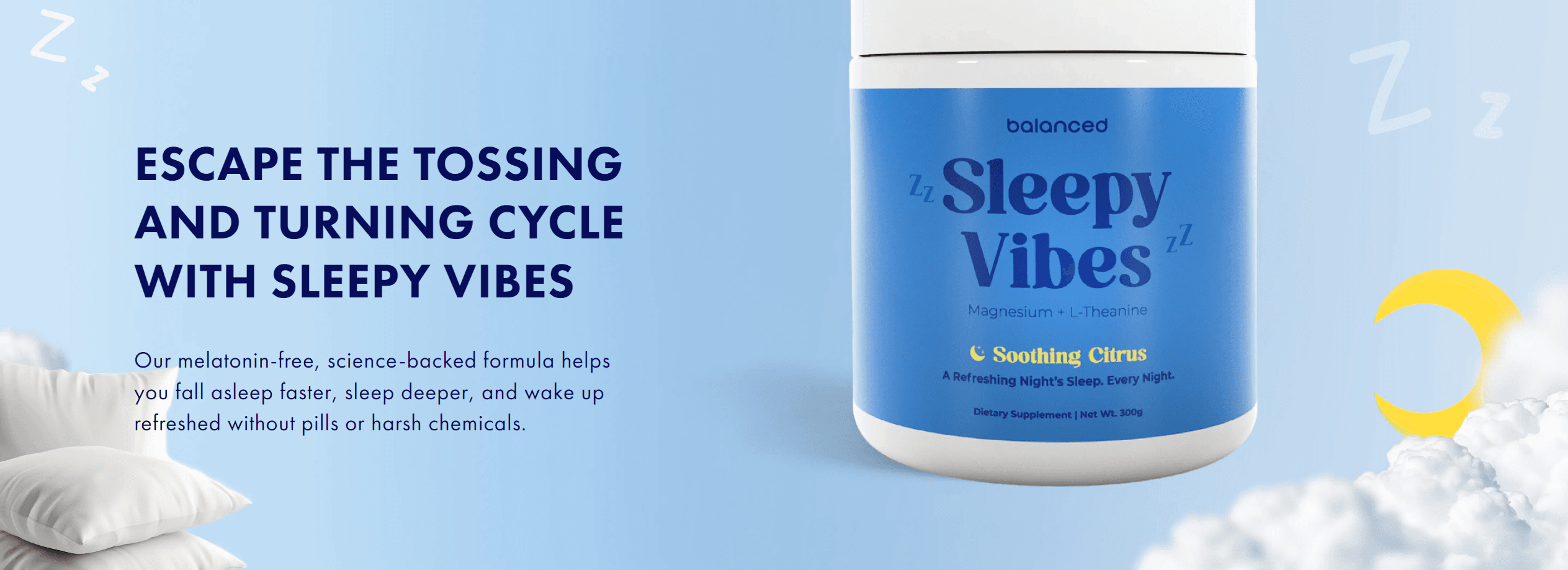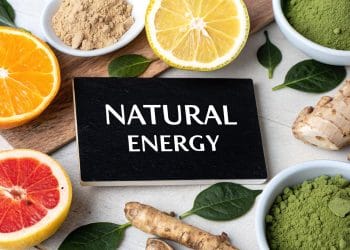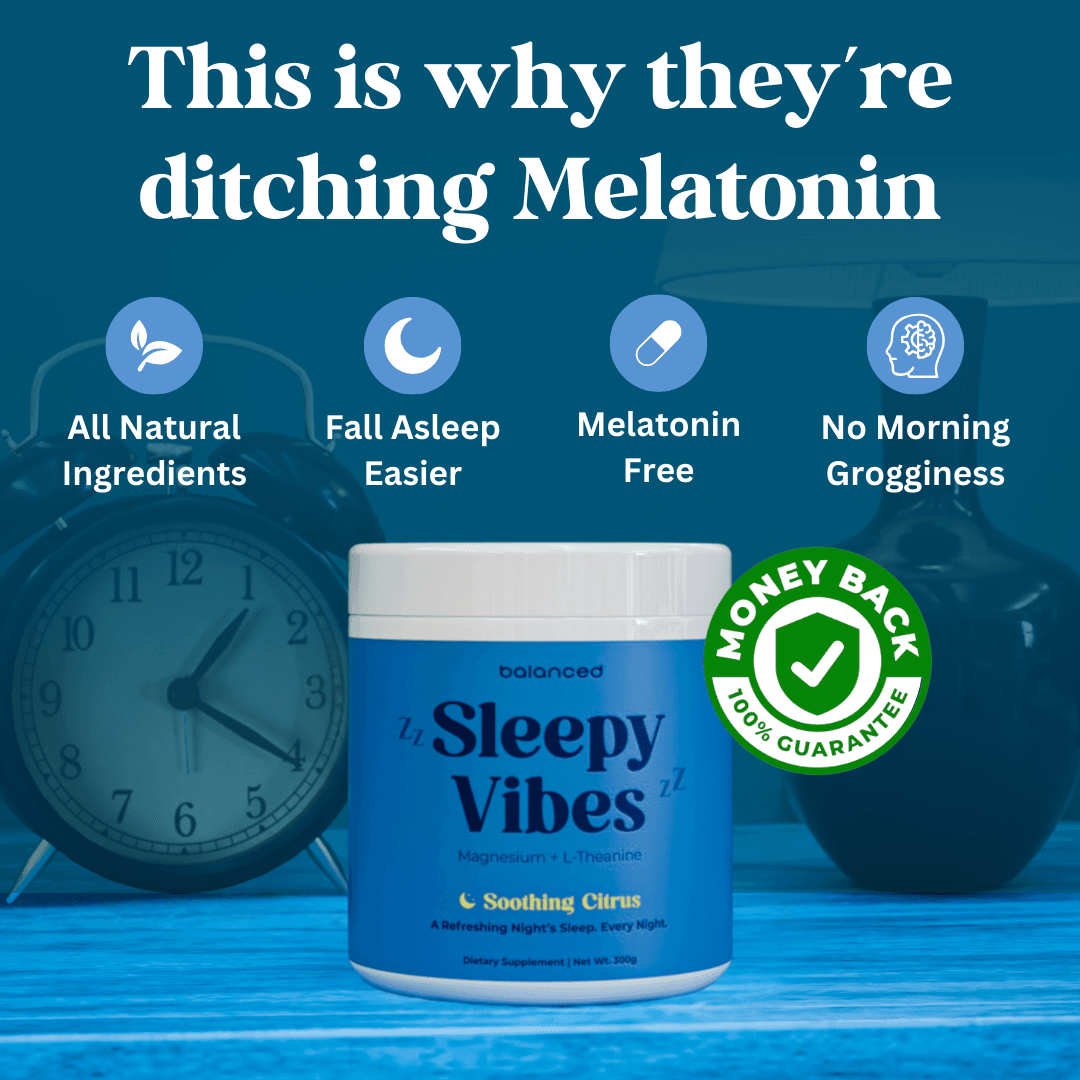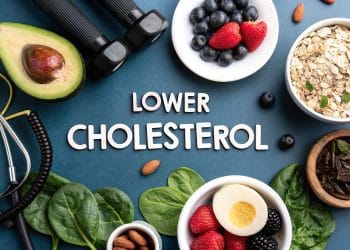Last Updated on June 23, 2025 by Lauretta Iyamu, PharmD
Do you often feel worried and stressed out? Anxiety can make daily life hard, but natural supplements can help.
These natural remedies, like ashwagandha and passionflower, and nutritional supplements like omega-3 fatty acids and magnesium, can ease anxiety symptoms with fewer side effects than regular medicines.
Natural choices are usually safer and easier to get, giving you a whole-body approach to managing anxiety.
This blog will show you the best natural supplements for anxiety, how they work, and how to use them safely.
Key Takeaway
- Ashwagandha lowers stress hormones and helps you handle stress better.
- Passionflower helps you relax by boosting GABA levels in your brain.
- Omega-3 fatty acids reduce inflammation and lift your mood.
- Magnesium lifts your mood and eases anxiety symptoms.
What is Anxiety?
Anxiety is your body’s natural response to stress. It feels like worry, nervousness, or fear. While it’s normal to feel anxious sometimes, ongoing anxiety can make it hard to enjoy daily life.
Common types of anxiety include:
- Generalized Anxiety Disorder (GAD)
- Social Anxiety Disorder
- Panic Disorder
Natural supplements offer a way to manage anxiety with fewer side effects than regular medicines.
You can use them alone or with other treatments to improve your well-being. Remember to talk to your doctor before starting any new supplement.
Benefits of Natural Supplements
Holistic Approach
Natural supplements support your overall health, addressing the root causes of anxiety instead of just masking the symptoms. This helps you manage anxiety more effectively over time.
Fewer Side Effects
Many natural supplements have fewer side effects than prescription drugs, making them safer for long-term use.
However, use them responsibly and talk to a healthcare provider before taking them.
Accessibility
Natural supplements are often easier to find and more affordable than prescription medications, making them a practical option for many people.
Top Herbal Supplements for Anxiety
1. Ashwagandha
Ashwagandha is an herb known for reducing stress. It has long been used in traditional medicine to improve physical and mental health.
How it Helps with Anxiety
Ashwagandha lowers cortisol, the stress hormone, and helps you handle stress better. Studies show it can reduce anxiety and stress levels.
Recommended Dosage and Safety Considerations
Take 300-600 mg per day. Ashwagandha is generally safe, but always talk to your doctor before starting any new supplement.
2. Passionflower
Passionflower is an herb used to treat anxiety and help with sleep. It’s often combined with other calming herbs, such as valerian.
How it Helps Alleviate Anxiety
Passionflower increases GABA levels in your brain, which helps you relax.
Recommended Dosage and Safety Considerations
Take 250-500 mg of dried herb or 1-2 ml of tincture. It is safe for most people but can cause drowsiness. Be careful if you are taking other sedatives.
3. Valerian Root
Valerian root is an herb that helps you relax and sleep better. It’s often combined with other calming herbs for a stronger effect.
How it Helps with Anxiety
Valerian root boosts GABA levels in your brain, helping reduce anxiety and improve sleep.
Recommended Dosage and Safety Considerations
Take 400-900 mg of valerian extract before bedtime. It is generally safe but may cause mild side effects, such as headaches or dizziness.
4. Kava
Kava is a plant known for its strong anxiety-relieving effects. It has been used traditionally in Pacific Island cultures for its calming effects.
How it Helps with Anxiety
Kava affects GABA receptors in your brain, similar to anti-anxiety medicines, providing a calming effect.
Recommended Dosage and Safety Considerations
Take 70-250 mg of kavalactones per day. Kava is effective but has been linked to liver damage in some cases. Use it with caution and under medical supervision.
5. Chamomile
Chamomile is a popular herb known for its calming effects. It is commonly used as a tea to help you relax and reduce anxiety.
How it Helps with Anxiety
Chamomile can help with symptoms of generalized anxiety disorder (GAD) by promoting relaxation and improving sleep.
Recommended Dosage and Safety Considerations
Drink chamomile tea 1-3 times daily. It is safe for most people, but avoid it if you have allergies to ragweed or related plants.
Top Nutritional Supplements for Anxiety
1. Omega-3 Fatty Acids
Omega-3 fatty acids are essential fats in fish and certain plant oils. They are important for brain health and function.
How They Help with Anxiety
Omega-3 fatty acids reduce inflammation and improve mood, helping ease anxiety symptoms.
Recommended Dosage and Safety Considerations
Take 1-2 grams of fish oil per day. Omega-3s are generally safe, but high doses can cause blood thinning. Consult your doctor before taking them.
2. Vitamin D
Vitamin D is a vitamin produced by your body when exposed to sunlight. It’s also available in certain foods and supplements.
How it Helps with Anxiety
Vitamin D deficiency is linked to anxiety and depression. Taking vitamin D can help improve your mood and reduce anxiety.
Recommended Dosage and Safety Considerations
The recommended daily amount is 600-800 IU, but higher doses may be needed for those with deficiency. Too much vitamin D can be harmful, so get your levels checked by a doctor.
3. B Vitamins
B vitamins, like B12 and B6, are essential for brain health and mood regulation. They help produce neurotransmitters that regulate your mood.
How They Help with Anxiety
Low levels of B vitamins can increase anxiety and depression. Taking B vitamins can help improve your mood and reduce anxiety.
Recommended Dosage and Safety Considerations
The daily recommended amount varies, but a B-complex supplement usually covers it. These vitamins are generally safe but follow recommended dosages to avoid side effects.
4. Magnesium
What is Magnesium?
Magnesium is a mineral that plays a key role in many body functions, including muscle and nerve function, blood sugar control, and blood pressure regulation.
How it Helps with Anxiety
Magnesium deficiency is linked to higher anxiety. Taking magnesium can help lift your mood and reduce anxiety symptoms.
Recommended Dosage and Safety Considerations
The recommended daily intake is 310-420 mg. Magnesium is safe within recommended limits, but too much can cause digestive issues.
Other Effective Natural Remedies
1. L-Theanine
L-theanine is an amino acid found in green tea that helps you relax without making you sleepy.
How it Helps with Anxiety
L-theanine increases the levels of calming chemicals in the brain, such as GABA, serotonin, and dopamine, helping reduce stress and anxiety.
Recommended Dosage and Safety Considerations
Take 100-200 mg per day. L-theanine is safe for most people but avoid high doses.
2. Lavender
Lavender is an herb known for its calming and soothing effects. You can use it in various forms, including essential oils, teas, and supplements.
How it Helps with Anxiety
Inhaling lavender essential oil or using it in aromatherapy can help reduce anxiety and improve your sleep.
Recommended Dosage and Safety Considerations
Lavender essential oil should be diluted before applying to your skin. It’s safe for most people when used properly.
3. Rhodiola Rosea
Rhodiola rosea is an adaptogenic herb that helps your body cope with stress. It has been used in traditional medicine in Europe and Asia.
How it Helps with Anxiety
Rhodiola rosea affects brain chemicals, improving your mood, reducing fatigue, and easing anxiety symptoms.
Recommended Dosage and Safety Considerations
Take 200-600 mg per day. Rhodiola is generally safe but can cause side effects like dizziness or dry mouth. Use it under the guidance of a healthcare provider.
How to Choose the Right Supplement
Factors to Consider
- Symptoms: Identify your specific anxiety symptoms to find the best supplement for you.
- Health Conditions: Consider any existing health conditions that may interact with the supplement.
- Potential Interactions: Be aware of potential interactions with other medications or supplements you’re taking.
Importance of Quality and Sourcing
- Choose high-quality supplements from reputable brands.
- Look for third-party testing to ensure purity and potency.
Tips for Using Supplements
- Start with a low dose and gradually increase as needed.
- Take supplements at the same time each day to establish a routine.
- Combine supplements with other anxiety management strategies, like mindfulness and exercise.
Conclusion
Natural supplements can be a helpful addition to your anxiety management plan. They offer a safer approach with fewer side effects compared to conventional medications.
However, it’s important to consult with a healthcare provider before starting any new supplement, especially if you’re taking other medications or have underlying health conditions.
While these supplements can help manage anxiety symptoms, they are not a cure. They should be part of a comprehensive treatment plan that includes lifestyle changes, therapy, and, if necessary, medication.
Adding these natural supplements to your routine may relieve anxiety and improve your overall well-being. Always consider safety and use evidence-based methods when considering natural health choices.

